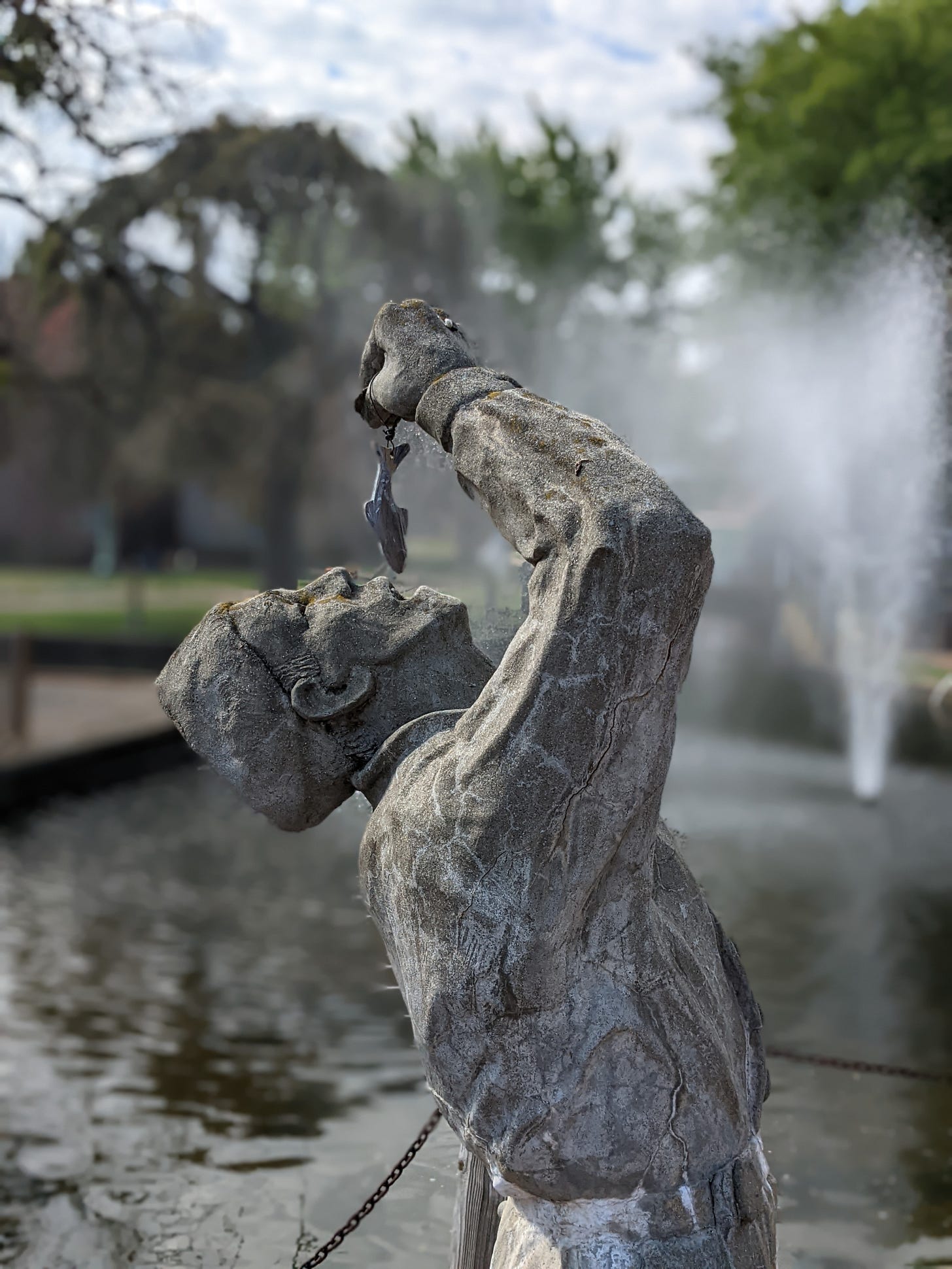Looking back from across the ocean
My next several Holland Sentinel columns will be from The Hague, the administrative and royal capital of the Netherlands.
Here’s my Holland Sentinel column for August…
In a little over a week, I will be moving back to Europe. The first time I went, I was there for nearly five years. I returned two years later for just a few months. And my next stay will likely last for the coming school year. (I told my employer that I wanted to be back in Michigan for summer at the lake.)
I asked the Sentinel editor, Sarah Leach, if I could continue my gig as a community columnist while I was away, and she agreed. As part of my argument, I mentioned that looking back across the Atlantic Ocean provides a unique and often helpful perspective. Based on my previous experiences, I strongly believe that that’s true.
Many people I know like to travel to other countries, and I have done a fair amount of that myself. I had been to Europe several times, in fact, before deciding to take a job there, but living in another country is vastly different from seeing it through the windows of a tour bus. Don’t get me wrong. I value all my previous travel adventures, including those involving tour buses, but living somewhere is different from living out of a suitcase for a week or two.
Let me explain.
Living (and working) in another country has opened my eyes to the way people see my own country, the United States of America. Ideas and values that I take for granted can seem strange and (I’m trying hard not to use the word) foreign to others. And so, I listen and learn.
To offer just one example, the church where I worshipped most Sundays had no flag. The Swiss love their flag at least as much as Americans love theirs (they hang it outside their homes and plaster it all over everything), but the thought of displaying a Swiss flag in a church during worship seemed odd and troubling. “Who or what would we be worshipping?” more than one person said to me, whenever I brought up the subject. A good point, I thought, one I hesitate to bring up on this side of the ocean.
Another example of the value of living abroad has been language learning. As a newcomer, I was required to gain some proficiency in German, one of the four national languages in Switzerland. I see the value of this and believe that newcomers to the U.S. should similarly be required to learn English. In fact, steady progress toward proficiency should be required for a residency permit.
Most of the people I meet in Europe speak excellent English—better, in fact, than many Americans—but language learning is about more than learning enough words and phrases to order off a menu in a restaurant. Language learning, among other things, signals a desire to understand and appreciate a different culture.
Language learning seems breathtakingly easy for six-year-olds, but language learning later in life is much more difficult and can encourage an unexpected humility (something not found in every American who travels abroad). The teenagers in my church’s youth group begged me to speak English because my German, they said, “hurts our ears.” Like I said, unexpected humility.
I have already started my Dutch lessons, and when I arrive in the Netherlands next week I plan to attend language school because, well, I want to understand the people who have welcomed me to their land. I want to do my best to be their neighbor and friend.
David I. Smith, a faculty member at Calvin University, makes the case in a couple of books—especially Learning From the Stranger: Christian Faith and Cultural Diversity—that language learning is essential to the work Christians are called to do. Sometimes, and usually with a great deal of effort, the person we regard as a foreigner can become our neighbor and friend.
Loving others as we love ourselves—a Christian teaching, if I am accurately recalling one of my lessons from Sunday school—implies listening to them, understanding their hopes and needs, and “according to them their full humanity,” as Smith puts it.
I expect to learn a great deal in the coming months. I expect to learn a great deal about the Dutch and their culture, of course, but I know from previous experience that I will learn even more about myself and my own country. Some of my most cherished assumptions will be challenged. I almost never like that, but I know that I will learn and grow in some new and profound ways.
Photo: That’s a statue of a Dutch man demonstrating the correct way to eat herring.





Vaya con Dios, Doug! Might we squeeze in a lunch this week before you're off to the Netherlands?
The election precinct I worked in on Tuesday was a church with two flags on the stage. We thought (briefly) of moving the US flag so voters could find the voting machine, but I pointed out that the Christian flag would then be the highest. Some pastors just quietly remove all flags and nobody notices. We look forward to your Dutch columns, Doug.